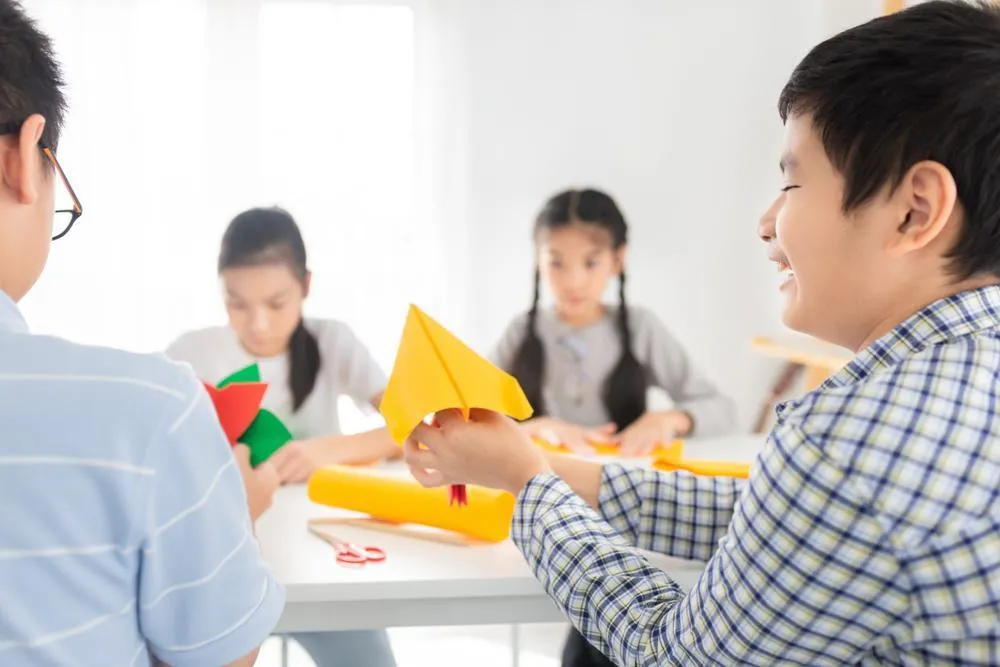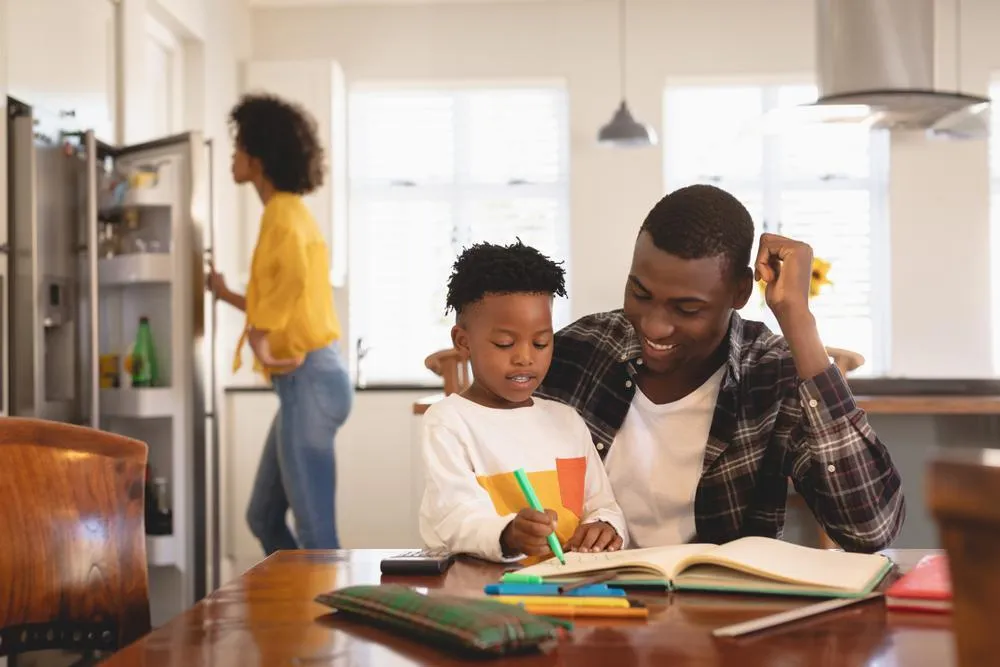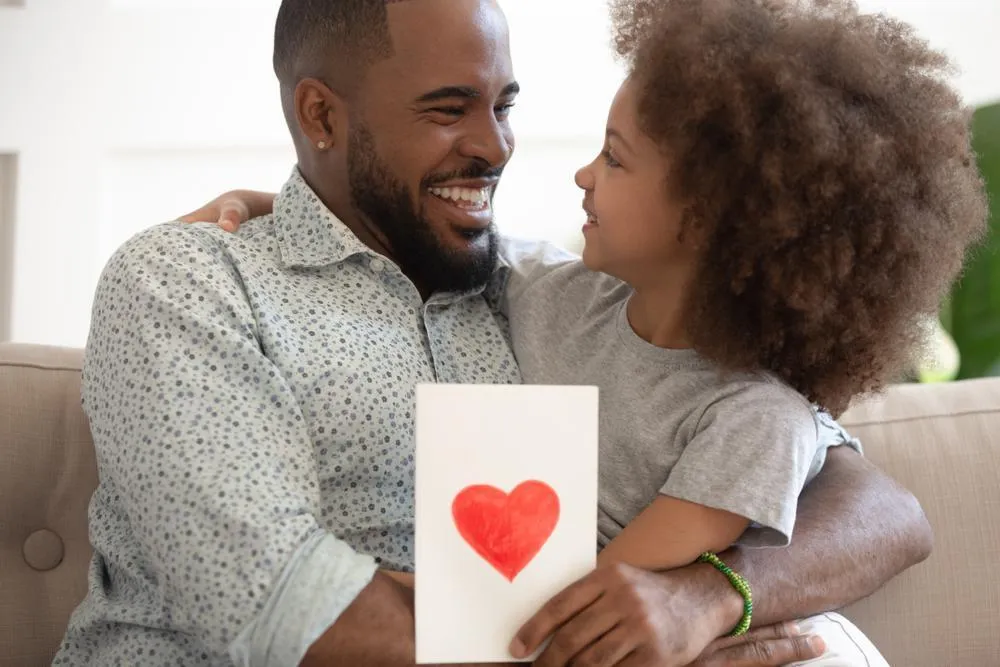Nurturing Essential Communication Skills in Children

Having good communication skills is essential for children to succeed in both their personal lives and academic endeavors. These skills enable kids to share their thoughts clearly, listen carefully, and build meaningful relationships. Good communication helps with teamwork, reduces misunderstandings, and makes solving problems easier. Whether in the classroom, playground, or future activities, strong communication and social skills help handle different situations confidently and connect with others. Spending time working on these skills can lead to better self-esteem, better relationships, and greater opportunities for growth.
Communication skills encompass both verbal and non-verbal methods.
Verbal communication includes the use of words, tone, and clarity of speech. It involves active listening, asking questions, showing empathy and engaging in dialogue.
Non-verbal communication involves body language, facial expressions, eye contact, gestures, and posture, which can convey emotions and intentions without words. Children who struggle with communication skills can greatly benefit from engaging in fun learning games and activities that help them develop their abilities. To better understand how to assist your child in improving, let’s take a brief look at some essential communication skills children should be developing.
Clarity and articulation:
- speaking clearly: enunciating and adjusting volume;
- using appropriate language for the audience and context;
- structuring ideas logically.
Focus and attention:
- active listening;
- staying focused during conversations;
- understanding non-verbal signals.
General communication etiquette:
- introducing yourself;
- apologizing and expressing gratitude;
- requesting permission;
- demonstrating empathy;
- accepting responsibility;
- communicating thoughts and emotions;
- maintaining a positive attitude.
Compromising and tolerance:
- sharing thoughts while valuing others' contributions;
- appreciating different viewpoints;
- expressing disagreement constructively;
- accepting feedback calmly.
Nonverbal communication:
- using appropriate body language;
- maintaining eye contact;
- using facial expressions;
- gesturing;
- respecting personal space.
Assertiveness:
- standing up for oneself;
- saying “no” when necessary.
Maintaining Composure under Stress:
- regulating emotions;
- communicating negative feelings without aggressive outbursts;
- requesting assistance or clarification;
- mediating and resolving disputes.
How Can I Enhance My Child’s Communication Skills?
The central focus of developing communication skills in children is straightforward: engage in play with your child. This simple activity aids in fostering joint attention, turn-taking, shared interests, and cooperative interaction. Incorporate self-motivated activities that naturally bring pleasure and satisfaction. While these activities can be goal-oriented, it's not always necessary; the key is to provide numerous opportunities for your child's communication skills to flourish. To further support their journey and growth, consider using online educational games, such as those available from Kids Academy.

Pinpoint the pre-language skills that your child finds difficult, such as facial expressions, gestures, eye contact, mimicry and shared attention. Engaging in activities like singing funny songs, rolling a ball to each other, blowing bubbles, and playing with homemade masks can greatly improve these skills. Developing these basic abilities will lay the groundwork for more advanced thinking skills, including resilience, comprehension of receptive and expressive language, and executive functioning (planning and carrying out multi-step tasks to achieve a specific goal).
Board games, card games, and other interactive activities can develop multiple communication skills simultaneously. Teaching your child to take turns and manage emotions when losing a game can help them handle similar situations with peers more effectively. Practice healthy behaviors when they lose, such as using positive self-talk, praising fellow players, and politely asking for another turn.
Role-playing various scenarios can help your child learn and practice appropriate communication behaviors. For example, discuss and model acceptable ways to stand in relation to others, maintain eye contact, and avoid interrupting. Tailor these scenarios to specific situations, such as playground interactions or parties, and provide a list of potential phrases your child can use.

Teaching your child to recognize and understand emotions is another crucial aspect of developing communication skills. Help them identify their own emotions and those of others, fostering empathy. Songs like “If You're Happy and You Know It” can be a fun way to discuss different emotions and their expressions.
Consider joining or forming a communication skills group within your community. Such groups focus on real-time interactions, practicing skills like using a pleasant tone, making eye contact, and giving proper greetings. Bean bag discussions and storytelling sessions can promote active participation and illustrate complex social scenarios, providing a platform for discussing appropriate responses and behaviors. Shared learning experiences help regulate emotions, behavior and activity levels in socially acceptable ways.
Developing communication skills in children offers significant advantages not just for the individual child but for society as a whole. When children excel academically and grow into productive members of society, they play a critical role in enhancing the overall health, well-being, and prosperity of their neighborhoods and communities. By nurturing these essential skills early on, you help lay a foundation for a brighter future for everyone. Consider trying some of the strategies mentioned above and make sure to visit the Kids Academy comprehensive parenting blog for a wealth of information and tips on childrearing.